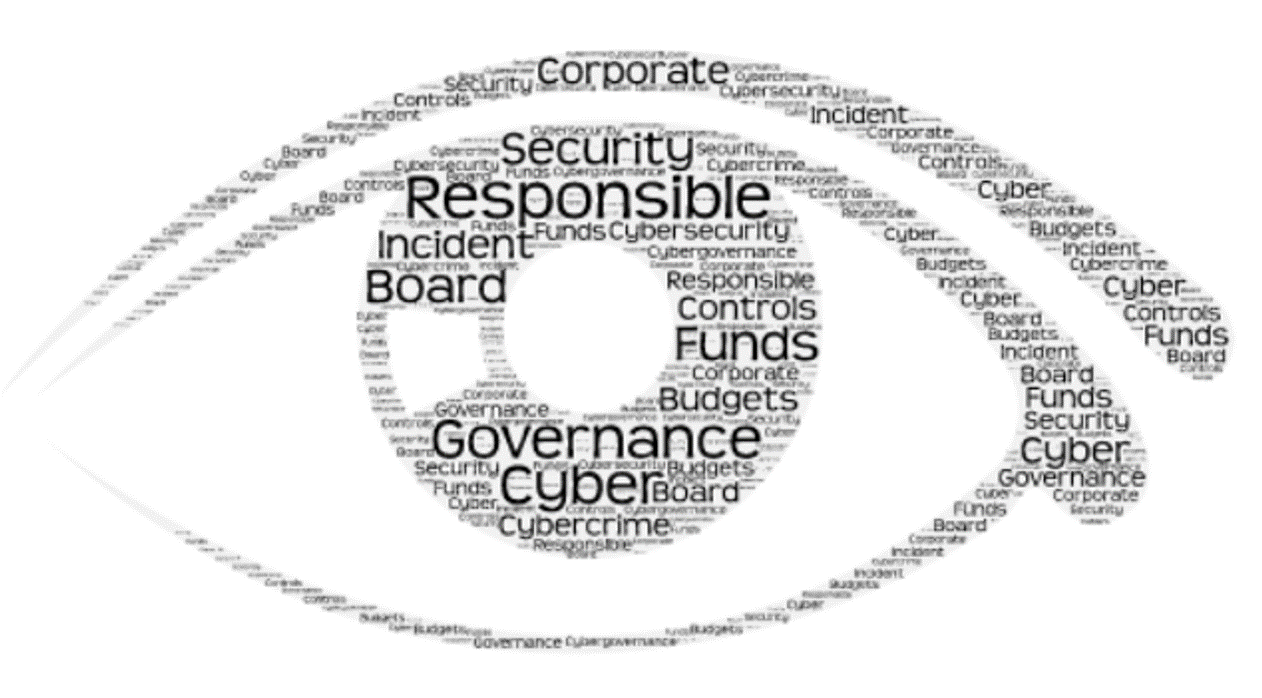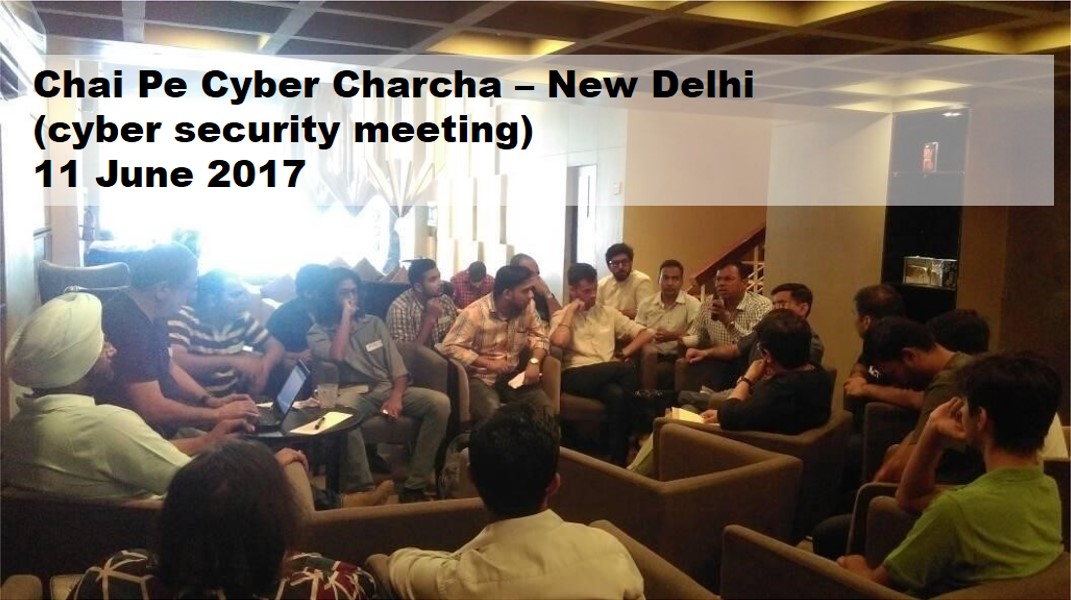The European Union, US, Canada, Australia and New Zealand; their democratic values, free market economies, free press etc widely symbolised the West and globalisation for the world at large. Even in this grouping the White Anglo-Saxon Protestant world (WASP) was seen as a class apart and the UK although a part of Europe, was always distinct from Germany and France; the main protagonists behind the common Eurozone. Viewed from this perspective Brexit was just history correcting the inherent contradictions in the European Union.
With the UK voting to exit from the EU, an event of historic significance the tremors of which will reverberate around the globe and definitely have major after shocks not only in the political and economic spheres, but will find resonance in the cyber domain as well. The construct of a global commons in cyber space an illusion first exposed by the Snowden revelations and already unravelling with nations like China, Russia and Brazil taking steps to protect their national interests will now slowly find resonance in other European capitals.
The five eye nations of US, UK, Canada, Australia and New Zealand always had a distinct special relationship and interest in maintaining the present world order. The Brexit will now force the European elites to relook at the Privacy Shield the successor to Safe Harbor. All these will have tremendous repercussions for the Indian ICT industry. Anticipating these changes and building innovative products and services to cater for these changes is the need of the hour.
For the Indian software industry the signs are very clear, the era of low-end outsourcing industry is coming to an end as the Brexit heralds the dawn of an increasing protectionist tendency that is sweeping the West. Businesses moving up the value chain with innovative products will survive, low-end back office jobs will increasingly be not outsourced as domestic political pressures will force restrictive trade practice .
For the strategic community of India the need for a privacy law, indigenisation of critical infrastructure in cyberspace and an enabling framework to handhold development of Indian companies are what needs to be pursued. The post second world war global order and the post cold war alignments in Europe will come under stress. Protecting Indian interests both in the economic as well as the strategic domain will need nuanced and nimble steps.















